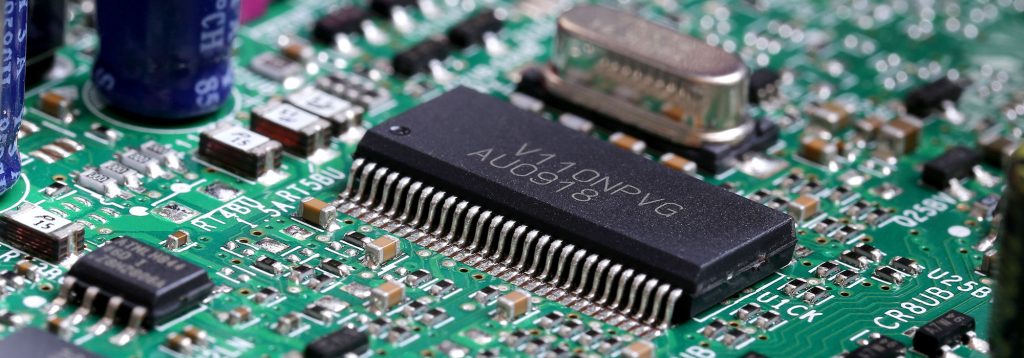Since late 2018, the EU Rapid Alert System for dangerous non-food products (RAPEX) has issued multiple notifications of non-conformities against the Directive on the Restriction of Hazardous Substance (RoHS) and the Regulation on Persistent Organic Pollutants (POP) in electrical and electronic equipment.
Many types of electrical and electronic product have been found to exceed RoHS limits. This includes communication devices, lighting equipment, electronic accessories, electric toys and other products. Most of the notifications are from the market surveillance bodies of EU Member States Sweden, Malta, Lithuania and Latvia.

The notifications show that the RoHS violations are mainly due to excessive content of lead and cadmium in certain solders. Also, short chain chlorinated paraffins (SCCPs) have been detected over the proscribed limit in some plastic materials, in which case the product does not comply with the Regulation on Persistent Organic Pollutants (POP).
It is noteworthy that the restriction of four new phthalates (DEHP, BBP, DBP and DIBP) will come into effect for RoHS Annex I product categories 1 to 7, 10 and 11 from July 22, 2019, and with effect from July 22, 2021 for RoHS Annex I product categories 8 and 9, Medical and Monitoring Devices. The compliance of the newly enforced substances is highly likely to be subject to intense inspection by the EU Member States’ market surveillance authorities.
This increased notification frequency demonstrates that EU Member States are increasingly paying attention to RoHS compliance checks in market enforcement.
What to do next
Manufacturers and importers of non-food consumer goods into the EU, including those selling direct to consumers online, are advised to familiarise with their obligations under the RoHS Directive for Electrical and Electronic Equipment (EEE) and the regulation on Persistent Organic Pollutants (POPs), and develop processes to fulfil these obligations for all their shipments.

